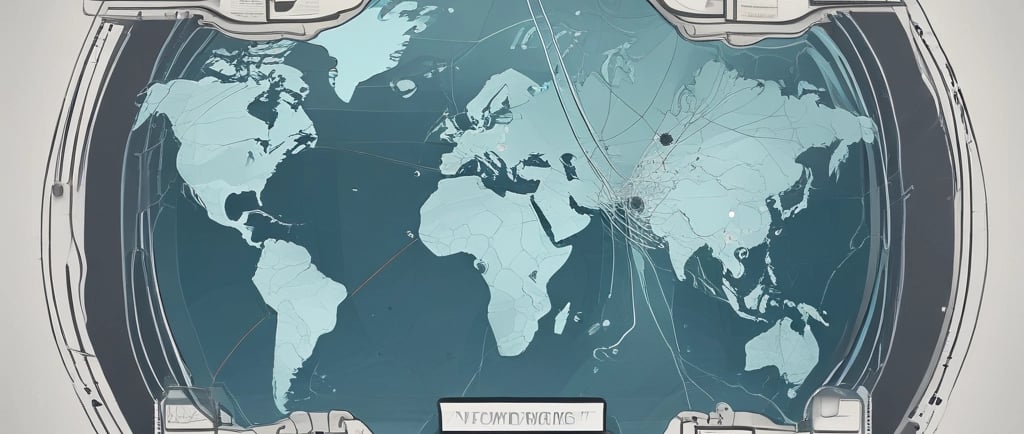Are VPNs Legal? A Country-by-Country Guide
VPN


VPNs are powerful tools for privacy, security, and internet freedom. But a common question arises: are VPNs legal? The answer depends on where you are. In most countries, using a VPN is completely legal. However, in some regions with strict internet controls, VPN use is heavily restricted—or even banned. This guide explores VPN legality around the world so you know what to expect.
VPNs Are Legal in Most Countries
In the majority of the world, VPNs are perfectly legal. Millions of people use them daily to protect their privacy, secure work data, and stream content safely. Countries like the U.S., Canada, UK, Australia, and most of Europe allow VPN use without issue.
Even in these countries, though, using a VPN for illegal activities remains illegal. For example, downloading copyrighted material without permission or committing fraud is unlawful whether you use a VPN or not.
Countries With VPN Restrictions
Some governments restrict or ban VPN use to maintain control over information and communication. Here’s a breakdown:
China
The “Great Firewall” blocks access to many Western websites.
VPNs are restricted, and only government-approved providers are legal.
Many people still use VPNs, but doing so is a gray area and may carry risks.
Russia
VPNs that bypass state censorship are banned.
Approved VPNs must comply with government restrictions, which defeats the purpose of privacy.
United Arab Emirates (UAE)
VPNs are legal, but using them to access blocked services (like VoIP apps) can lead to fines.
Businesses often use VPNs legitimately for secure communications.
Iran
VPNs are heavily restricted, and only government-approved ones are legal.
Independent use carries risks, especially for bypassing censorship.
Turkey
VPNs are not outright illegal, but the government has blocked access to many providers.
People still use them to bypass social media restrictions during political events.
North Korea
Internet access is tightly controlled, and VPN use is essentially prohibited for citizens.
Oman
VPNs are restricted, particularly for individuals, but businesses can apply for licenses.
Countries Where VPNs Are Fully Legal
United States
Canada
United Kingdom
Australia & New Zealand
Most of Europe (Germany, France, Italy, Spain, Netherlands, etc.)
Japan, South Korea, Singapore
South Africa
These countries allow VPN use freely, both for personal and business purposes.
Why Some Countries Ban or Restrict VPNs
Censorship: To prevent access to foreign news, social media, or political content.
Control: To monitor citizens’ online activities.
Economic Reasons: Blocking VPNs ensures people can’t access cheaper services in other regions.
Safe Use of VPNs in Restricted Countries
If you’re traveling or living in a country with VPN restrictions:
Research local laws: Using a VPN could carry fines or penalties.
Use obfuscated servers: Some VPNs disguise traffic to look like regular browsing.
Stick to legal activities: Even in restricted areas, avoid drawing attention with suspicious use.
Final Thoughts
So, are VPNs legal? The answer is yes in most of the world, but restrictions exist in countries with strict internet censorship. Always remember: a VPN protects your privacy but does not make illegal activities lawful.
For users in open regions, VPNs are a safe, legal way to secure your data and enjoy online freedom. For those in restricted areas, they can be a vital lifeline—but also come with risks that must be carefully considered.